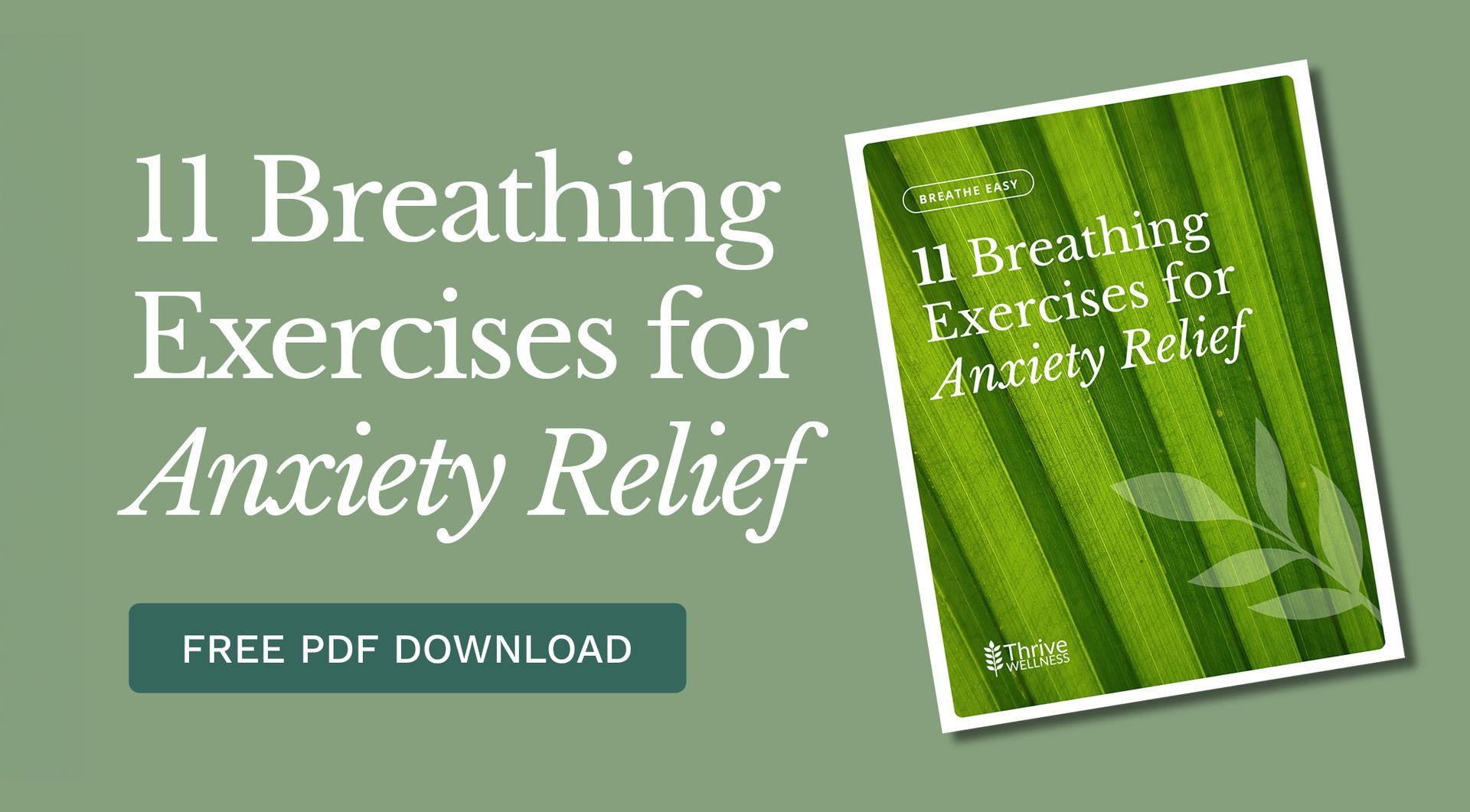Political Anxiety: Easy Ways to Overcome Overwhelm

Let’s face it—political anxiety is real. The never-ending news cycles and constant social media updates can leave you feeling drained, frustrated, and, at times, hopeless. Regardless of where you stand politically, the sheer volume of information and the intensity of discourse can be overwhelming. For those of us facing anxiety, seeking dedicated care through therapy and, when needed, medication is crucial for long-term relief from anxiety. But alongside professional support, there are some practical steps you can take to care for your mental health today.
By recognizing how political fatigue affects you and implementing coping strategies, our hope is that you can reclaim your peace of mind.
Recognizing Political Fatigue
Political fatigue can creep up on you, showing itself in subtle but draining ways. Do you find yourself avoiding the news or feeling exhausted after scrolling social media? Maybe political conversations with friends and family leave you frustrated, angry, or stressed. This constant cycle can leave you emotionally drained, feeling powerless to effect change, and even disconnected from people you care about.
These feelings aren’t just “in your head". They’re valid responses to the noise and tension of today’s political climate. But acknowledging them is the first step toward finding relief. When you understand how this anxiety manifests, you can take meaningful steps to protect your emotional and mental well-being.
Be Mindful of Your Triggers
Sometimes, stepping away is the best option. Political conversations—especially heated ones—can trigger stress and anxiety, leaving you feeling worse than before. Pay attention to your emotional responses and set boundaries when necessary. It’s okay to remove yourself from discussions that feel overwhelming or unproductive.
Practicing self-care, whether through a favorite activity, a moment of solitude, or deep breathing, can help you stay grounded. If a discussion is unavoidable, take a moment to breathe and enter the conversation with a calm and prepared mindset. You don’t have to prove a point or win an argument. Your mental well-being comes first.
Take Breaks from the News
You don’t have to keep up with every headline to stay informed. In fact, constant exposure to breaking news can do more harm than good, amplifying your stress and clouding your perspective. Give yourself permission to unplug—whether for an hour, a day, or even a weekend. Use that time to focus on activities that replenish your energy, like spending time with loved ones, enjoying nature, or pursuing a creative hobby.
Stepping back doesn’t mean ignoring important issues. It means creating space to process information objectively and prioritize your mental health.
Use Breathing Techniques for Quick Relief
Breathing exercises are a simple but powerful way to manage political anxiety. Techniques like box breathing (inhaling for four counts, holding for four, exhaling for four, and holding for four) activate your body’s relaxation response, helping you stay calm and focused. These exercises are easy to practice anywhere—whether you’re in the middle of a stressful conversation or trying to wind down at the end of the day.
For step-by-step guidance, download Breathe Easy: 11 Breathing Exercises for Anxiety. This free resource gives you practical tools to start feeling better today.
Embracing Calm Amidst the Chaos
You can’t control the political climate, but you can control how it affects you. By limiting your exposure, recognizing your triggers, and using tools like breathing exercises, you can reclaim your emotional balance and build resilience against political overwhelm. These steps don’t just help you cope—they empower you to engage with the world on your terms, with clarity and confidence.
For those experiencing persistent anxiety, professional care through therapy and, if necessary, medication, is an essential part of the journey to healing. If you're looking for more dedicated support, Thrive is here for you. With the right support and tools, you can move forward with hope, strength, and peace of mind. You don’t have to face political anxiety alone—help is here when you need it.









